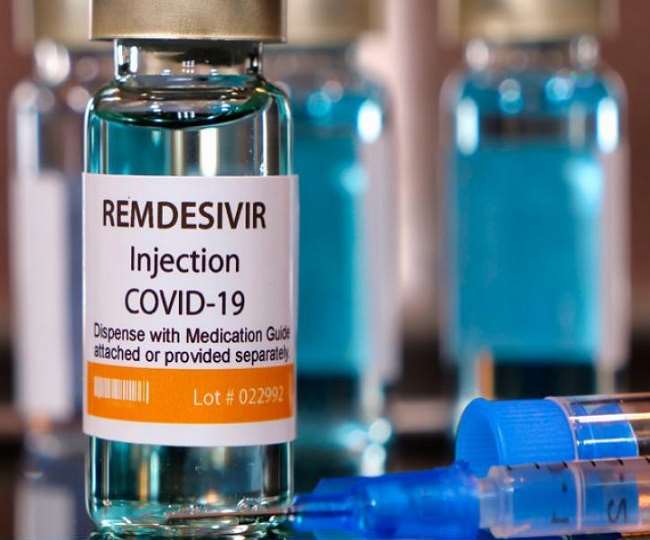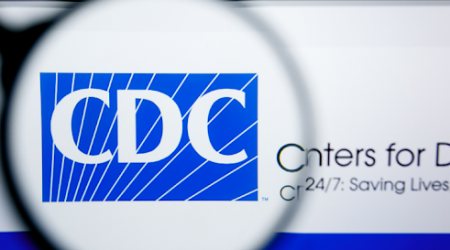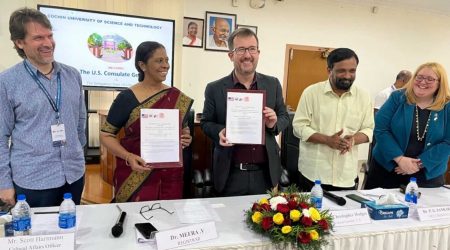By Gagandeep Kang
Twitter in India is a desperate place. Pleas for beds, sources of oxygen, remdesivir and plasma overwhelm, even as volunteers amplify messages and scramble to help. Tongue twisters — tocilizumab, itolizumab — appear in discussion as people call, message and sink into despair and guilt at being unable to procure what they are told is needed to care for their family or friend.
We are struggling with a health care system that is inequitable in access and quality at the best of times. There is limited surge capacity for seasonal illnesses in hospitals, few trained and competent staff, especially in infectious diseases and critical care, and a fragmented health care system. At any time, and especially now, evidence-based medicine, or “the right care at the right time to the right patient” is essential.
As the Indian medical community and health policymakers, we have not done well in this pandemic. We have promoted, as “cures”, poorly evaluated treatments from our traditional systems of medicine. This is a disservice to the accrued knowledge over millennia of the science of life in Indian systems of medicine.
Evidence-based medicine requires lifelong learning, and the continued education of medical communities and patients. For a new infectious disease where we have little knowledge of how damage is caused and how to manage or reverse it, it is important to focus on the generation of evidence by testing old and new drugs and medical management measures.
To know what drugs are needed when, it is important to understand how the disease is caused and develops. In the early phase, the disease is primarily driven by replication of Sars-CoV-2. Later, and especially when the infection is not controlled and symptoms start to become severe, the disease appears to be driven by an uncontrolled immune and inflammatory response to Sars-CoV-2 that leads to tissue damage. Based on this understanding, in general, any antiviral treatment would have the greatest effect early in the course of the disease, while immunosuppressive/anti-
For remdesivir, the Solidarity trial showed no effect on severe disease or death, but the ACTT-1 trial showed that for patients who were at the stage of requiring supplemental oxygen, but not yet needing high-flow oxygen or non-invasive ventilation, remdesivir provided some benefit in shortening duration and preventing death. This highlights that the drug is not for every patient, but for a small subset at a specific stage of treatment.
Similarly, for tocilizumab, evidence-based recommendations are narrow, for a subset of patients with rapid progression who need either high-flow oxygen or non-invasive ventilation, and in combination with other therapy including steroids. For plasma therapy, there is no evidence that any plasma from any group of donors is helpful as shown in the Indian Council of Medical Research-supported Placid trial, and is not currently recommended.
As people desperately seek drugs that may not be needed, we have an ethical and moral responsibility to ensure that all healthcare providers use evidence to inform treatment. Professional organisations, clinical research communities, the regulator and policymakers must play a role in ensuring that treatments are used according to need and not to create false hope.
(Gagandeep Kang is professor, Christian Medical College, Vellore. The article appeared in The Hindustan Times)












